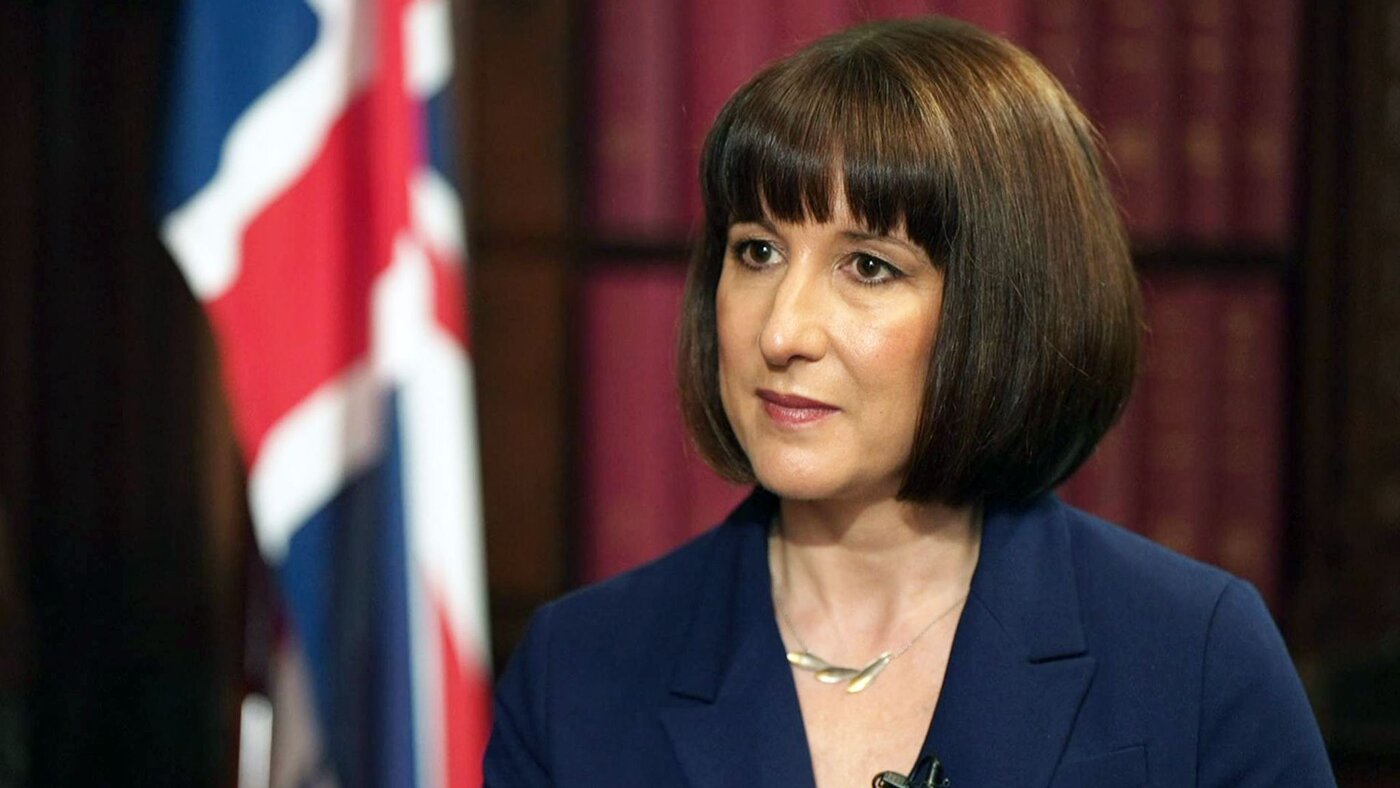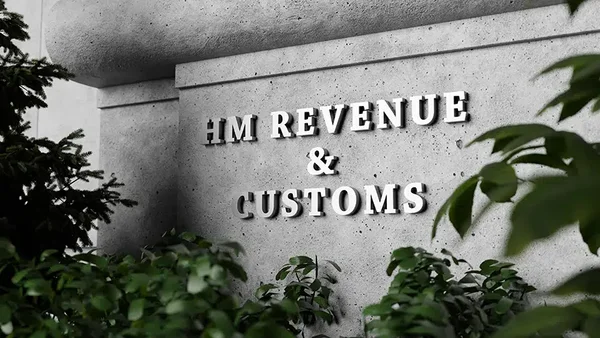Economists sound alarm over public finances
Labour MPs have been handed a stark warning of a “real” risk of fiscal crisis unless the Government is prepared to make spending cuts.
The warning comes from Capital Economics, a leading City consultancy, which cautioned that relying solely on tax rises in the upcoming Budget could harm growth, squeeze households and deepen Britain’s jobs crisis.
Chancellor Rachel Reeves is already facing a £6bn shortfall after policy U-turns on personal independence payments and winter fuel benefits. Economists say she may need to raise as much as £28bn in extra revenue later this year to stabilise the UK’s finances.
Growth fears as tax hikes loom
Forecasters at Capital Economics warned that targeting households with higher taxes could reduce real incomes, lower consumer spending and trim GDP growth by 0.2 percentage points.
They argued that without expenditure cuts, the Government risks stoking inflationary pressures and undermining Labour’s pledge to boost growth.
The consultancy added that the UK already faces “all the ingredients for a fiscal crisis” in the years ahead if MPs continue to resist spending cuts.
Triggers that could spark a crisis
While Capital Economics said it does not predict an imminent collapse, it warned of potential “triggers” that could push the UK into crisis.
These include:
- Breaking fiscal rules on borrowing and debt
- The replacement of the Chancellor
- Weaker-than-expected economic data
- Political shocks, including a possible surge in support for Reform UK and its “unfunded commitments”
Such events, the consultancy said, could shake investor confidence and push up borrowing costs, worsening Britain’s already fragile fiscal outlook.
Productivity, jobs and innovation under pressure
The warning follows gloomy forecasts from KPMG, which predicts unemployment could climb to 5% within two years.
A fall in productivity is also weighing on Britain’s long-term prospects. Analysts have pointed to a 6% drop in intellectual property investment since 2020 and weak uptake of artificial intelligence across businesses, both of which are seen as barriers to achieving the UK’s growth potential of around 1.5%.
Pressure mounts on Rachel Reeves
Ms Reeves is under pressure to strike a balance between fiscal discipline and growth-friendly policies in her first Budget. Backbench MPs have already resisted welfare cuts, but economists argue further hesitation risks forcing deeper tax hikes on households.
Adam Corlett, economist at the Resolution Foundation, recently warned that painful decisions are unavoidable: “Significant tax rises will be needed for the Chancellor to send a clear signal that the UK’s public finances are under control.”
Pie Insight: what this means for households
At Pie, we see how these debates over fiscal policy filter down to everyday households. If the Government leans too heavily on tax rises, families risk higher deductions on income, pensions and savings. If cuts are delayed, the squeeze will be sharper in future.
Our message is simple: preparation matters. Review your finances before the new tax year, make the most of allowances like ISAs, and ensure pension withdrawals are timed to avoid unnecessary tax. A little planning can soften the impact of shifting tax policy and keep more of your money where it belongs in your pocket.
Final Summary
Economists warn that Labour faces the risk of a fiscal crunch. Without meaningful spending cuts, future Budgets may rely more heavily on household tax rises, putting pressure on both economic growth and disposable incomes.
At Pie, the best defence is proactive financial planning. By preparing ahead, households can better protect themselves against stealth tax creep and the effects of fiscal drag.











